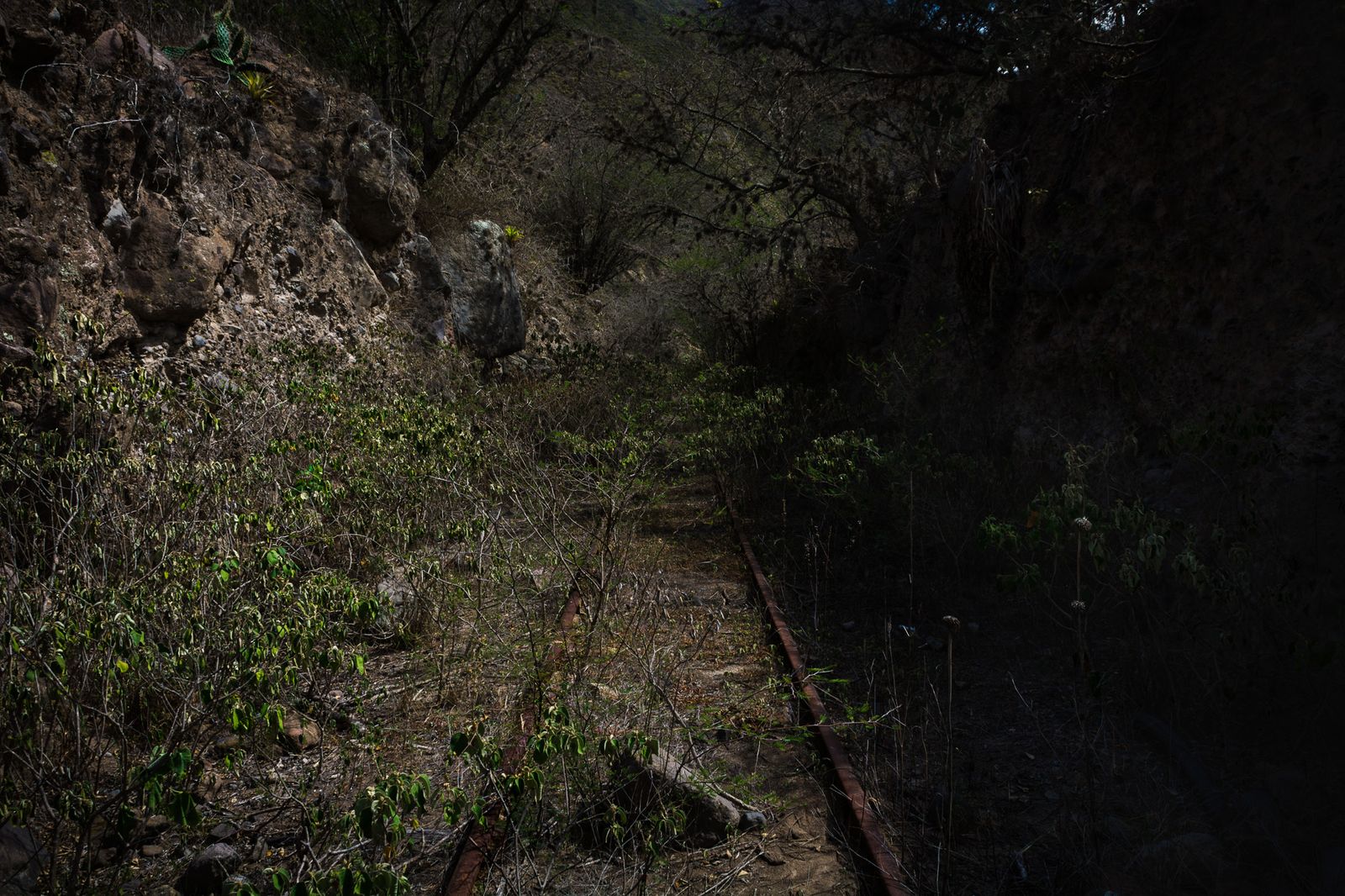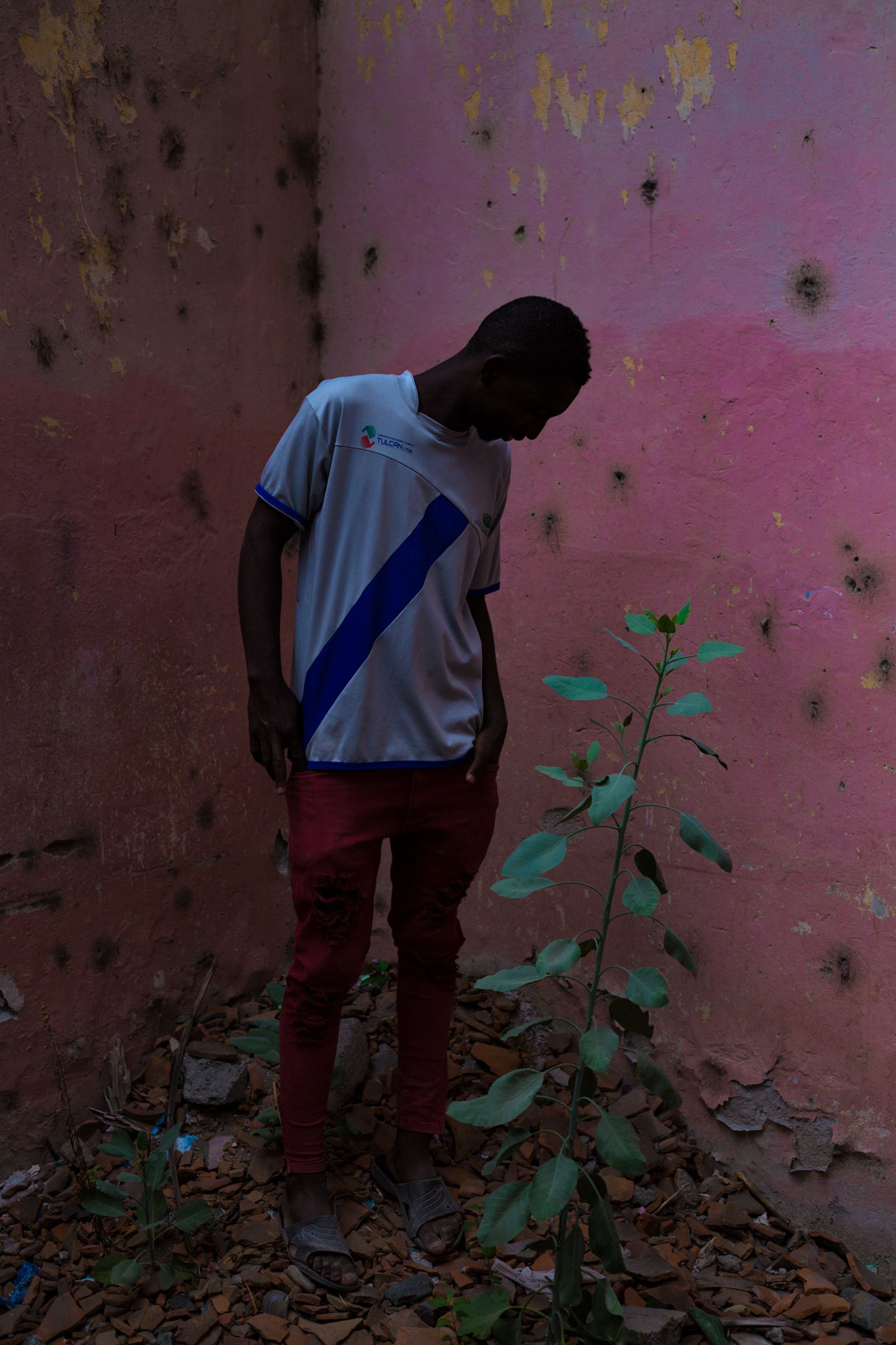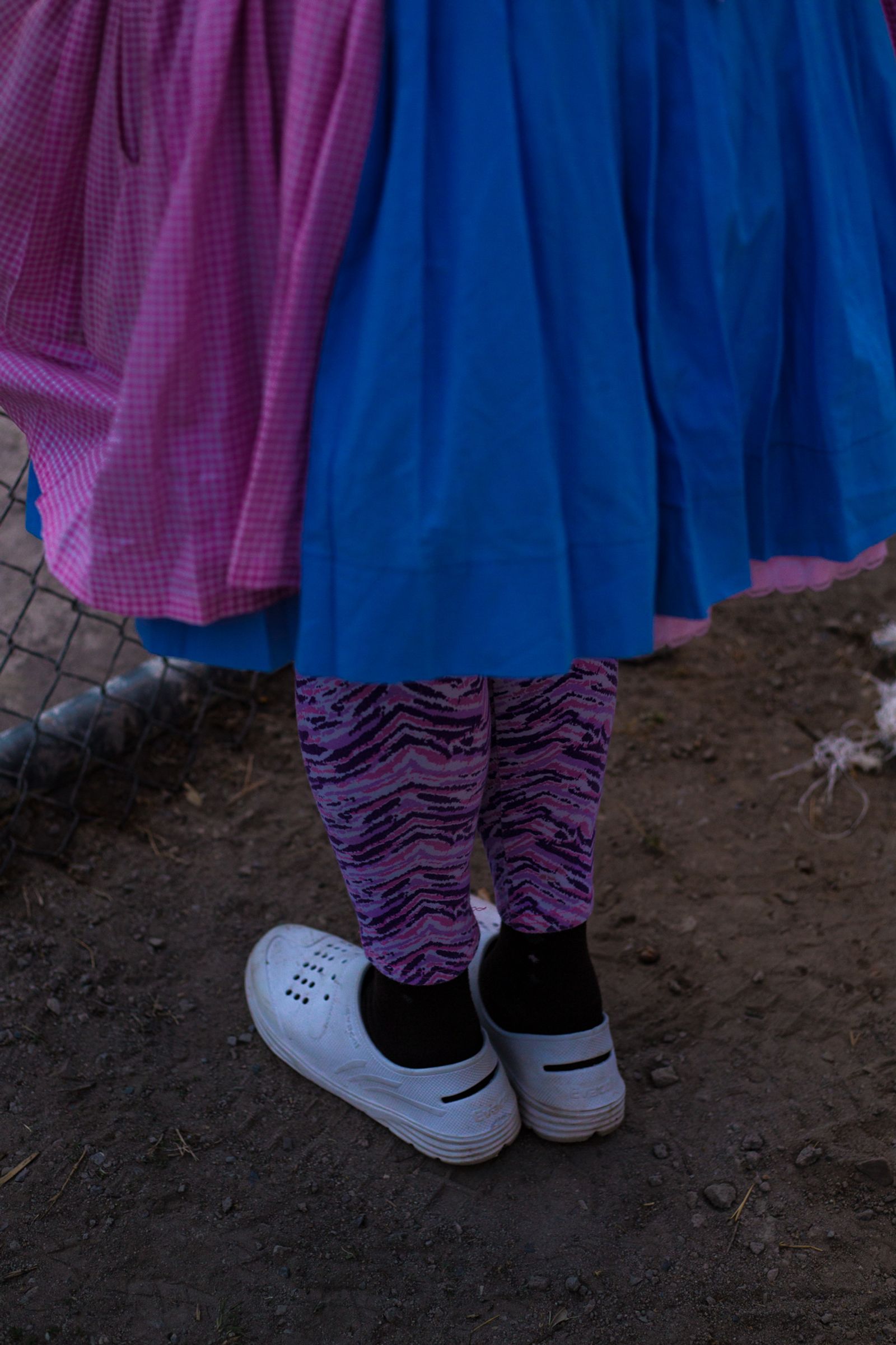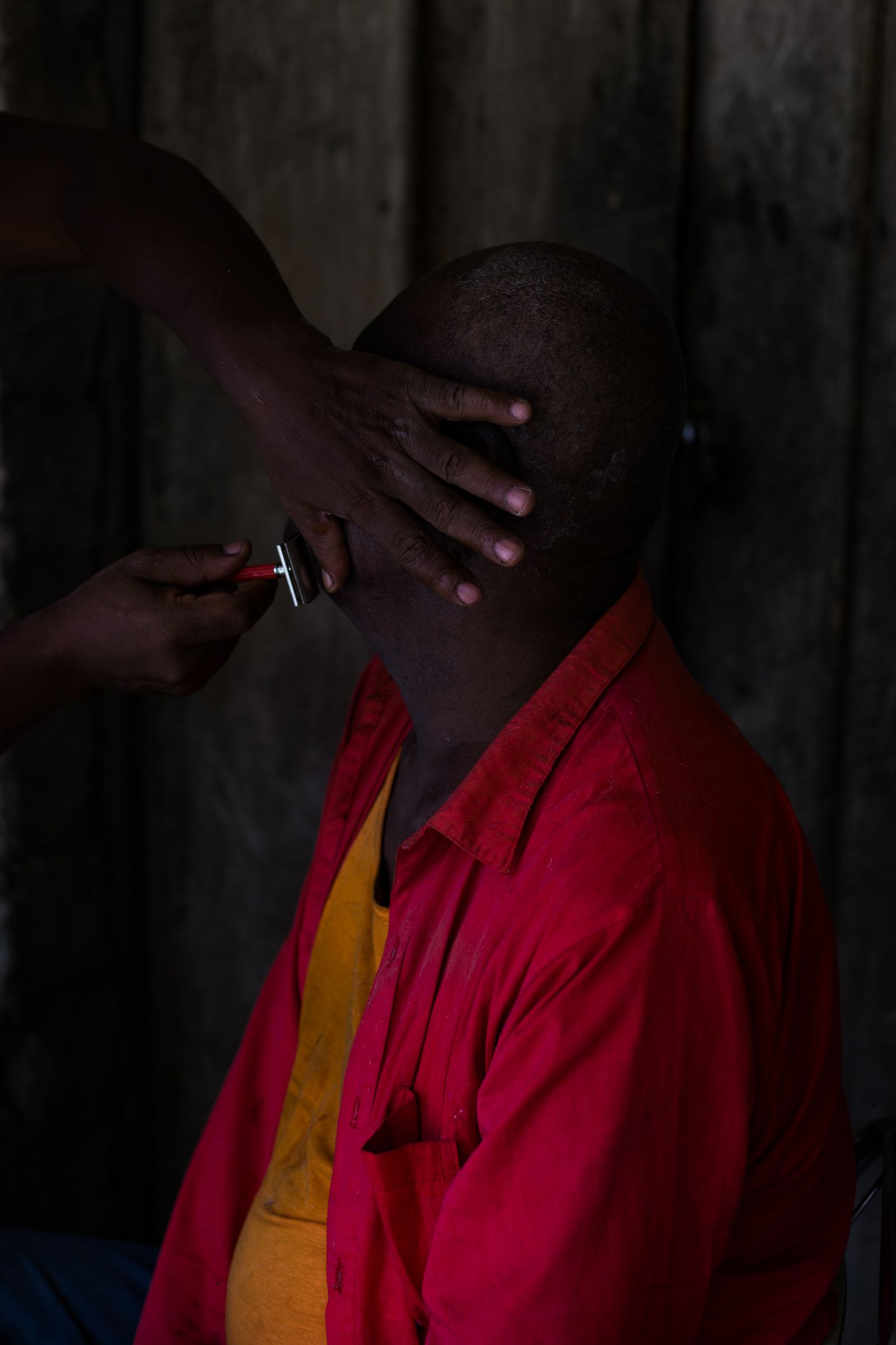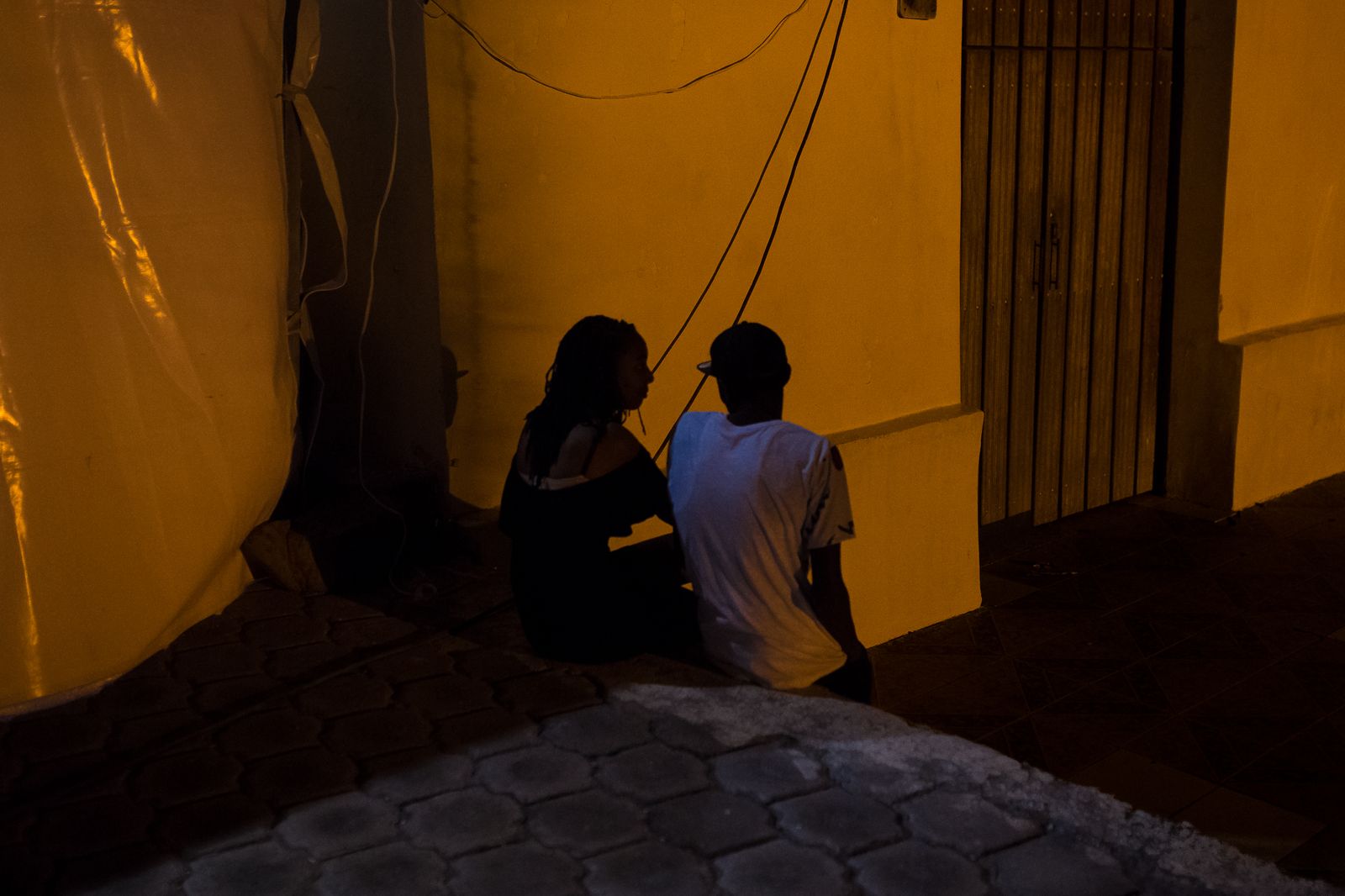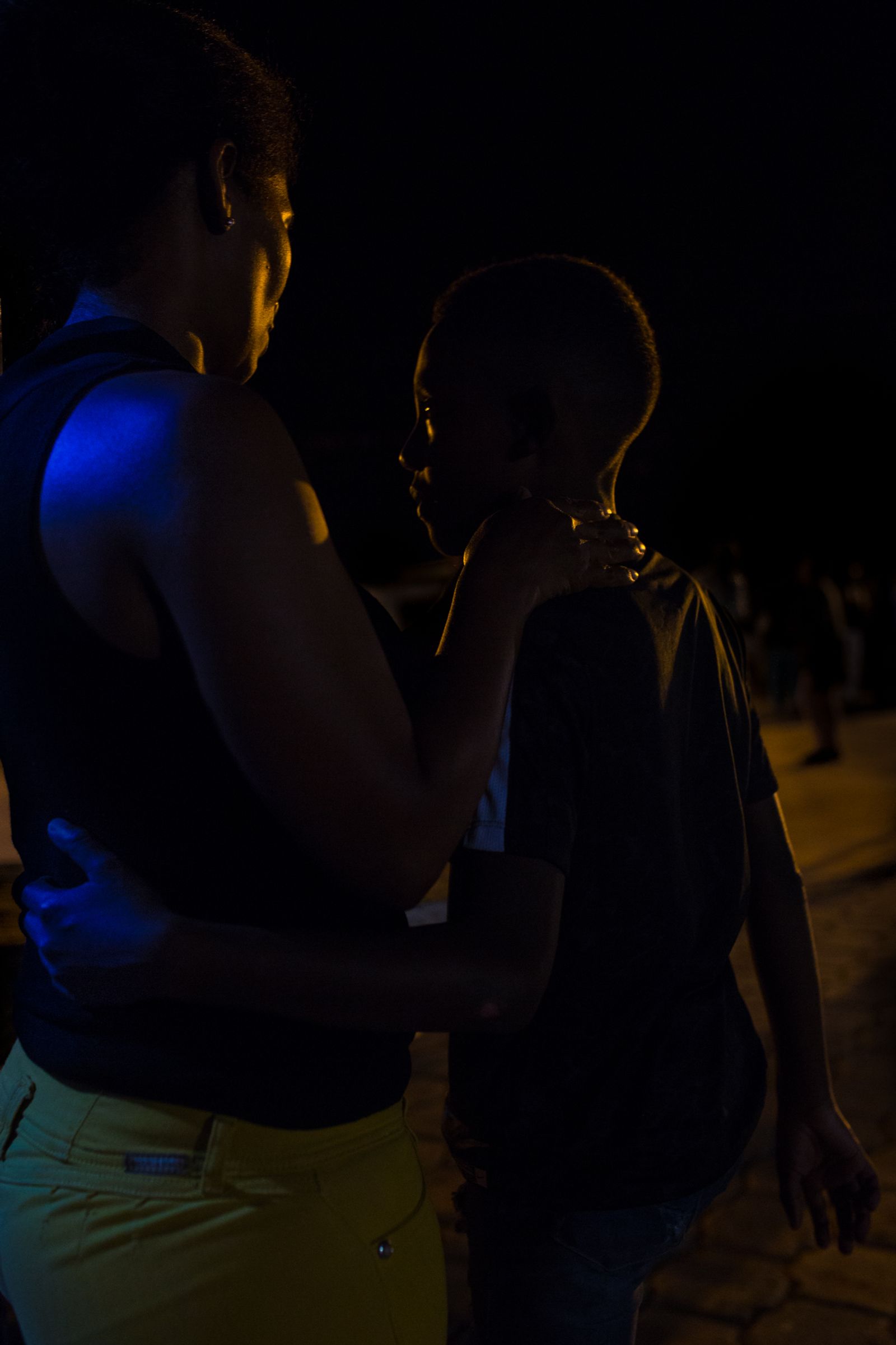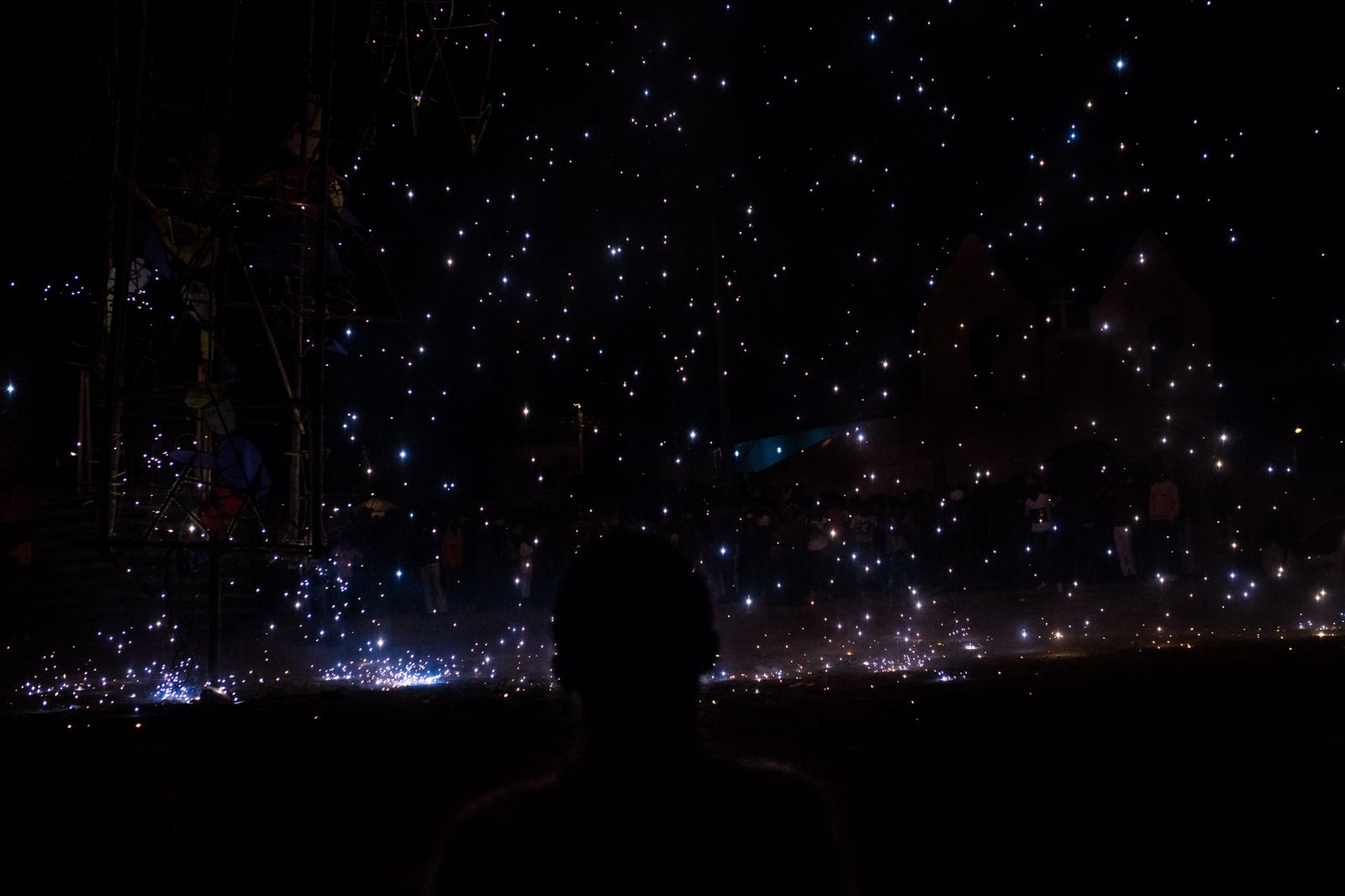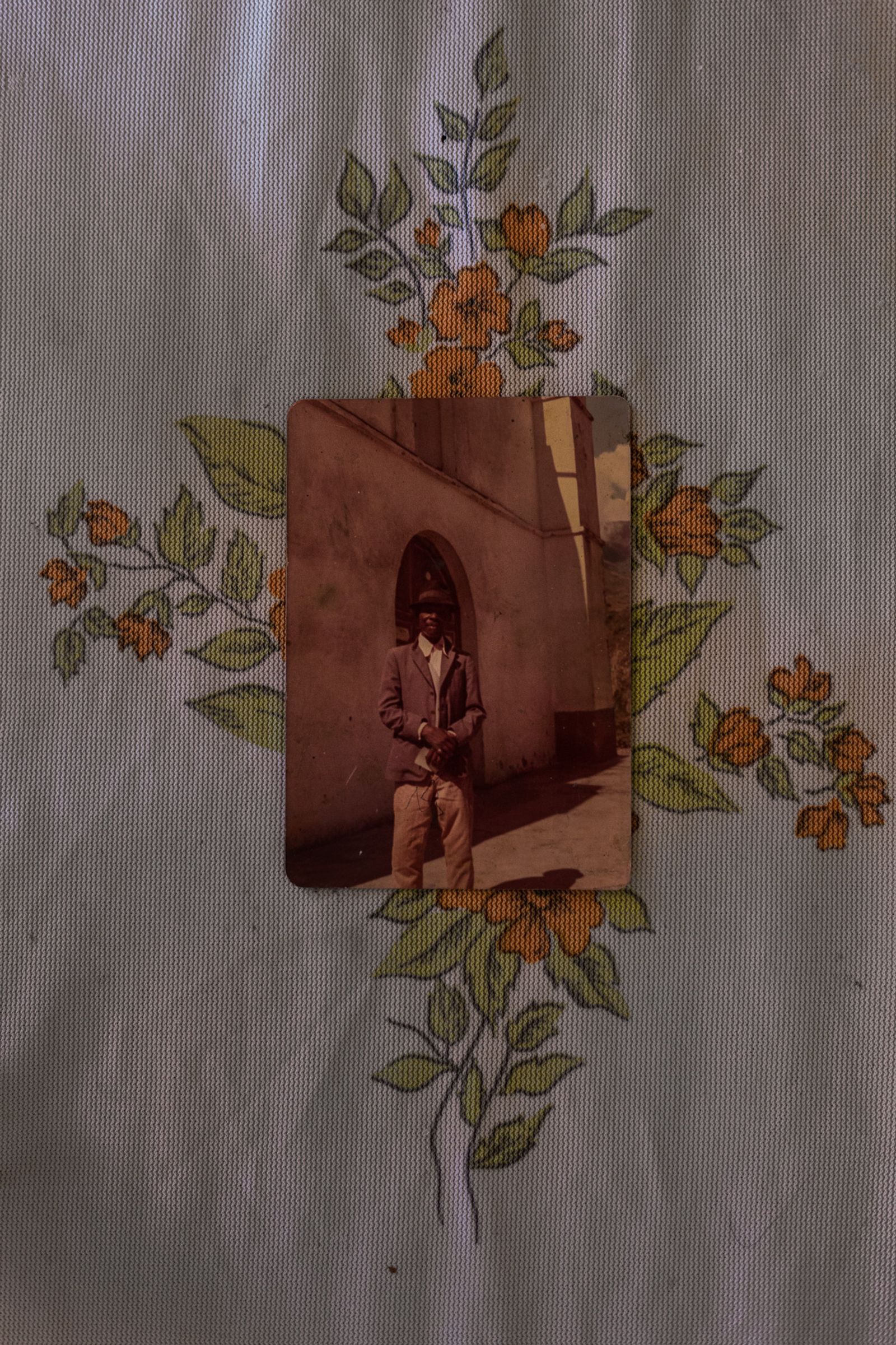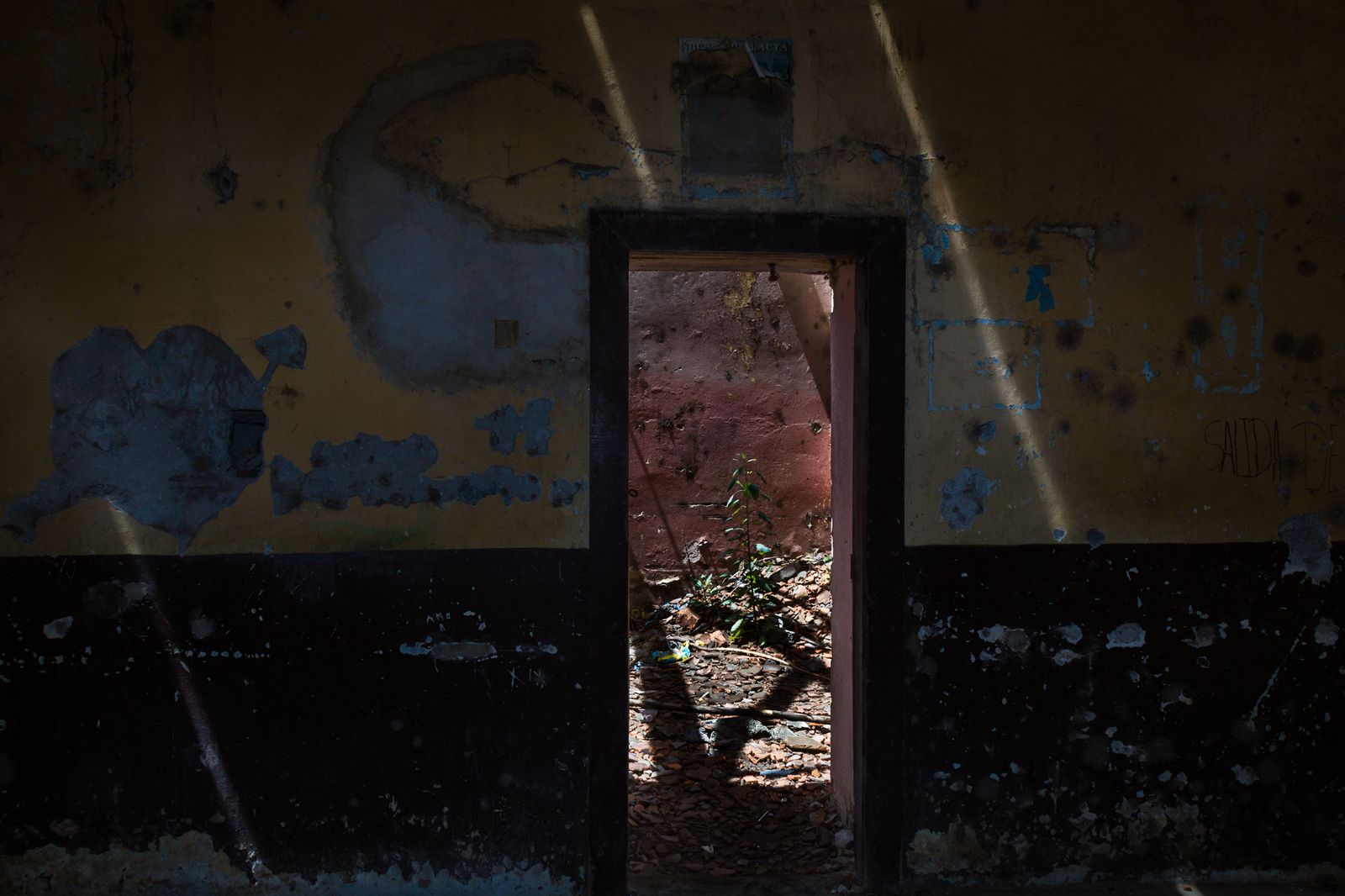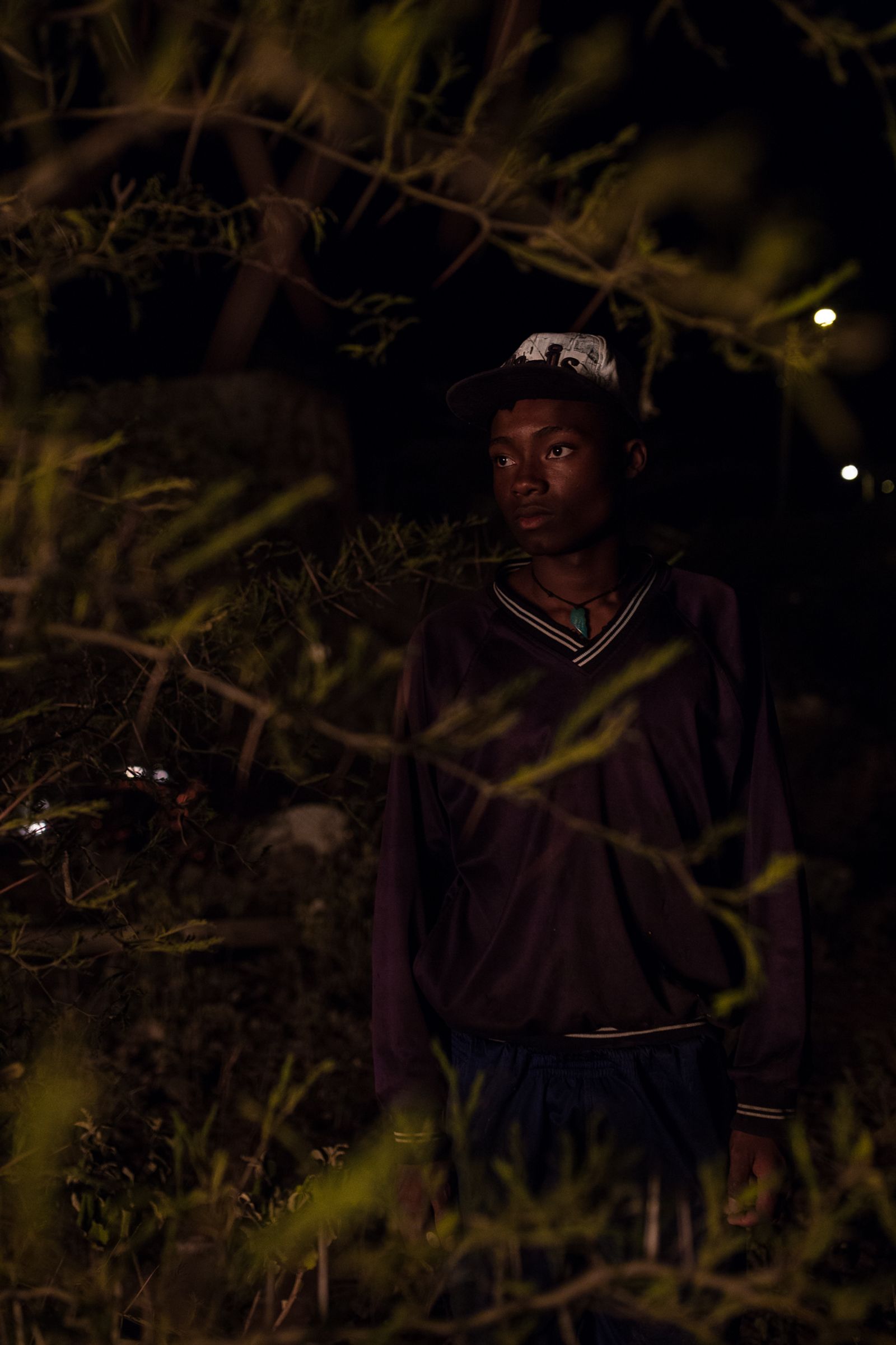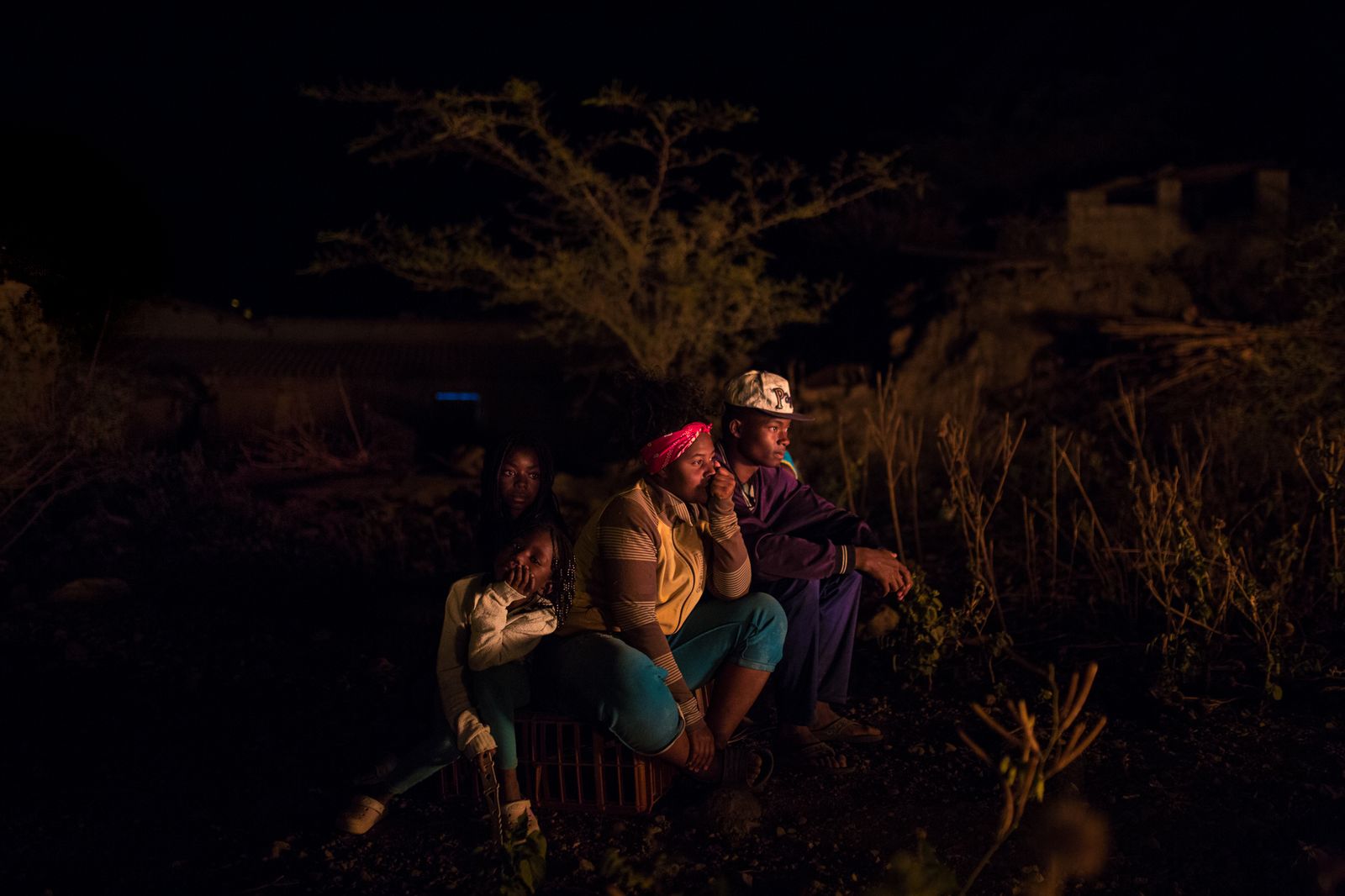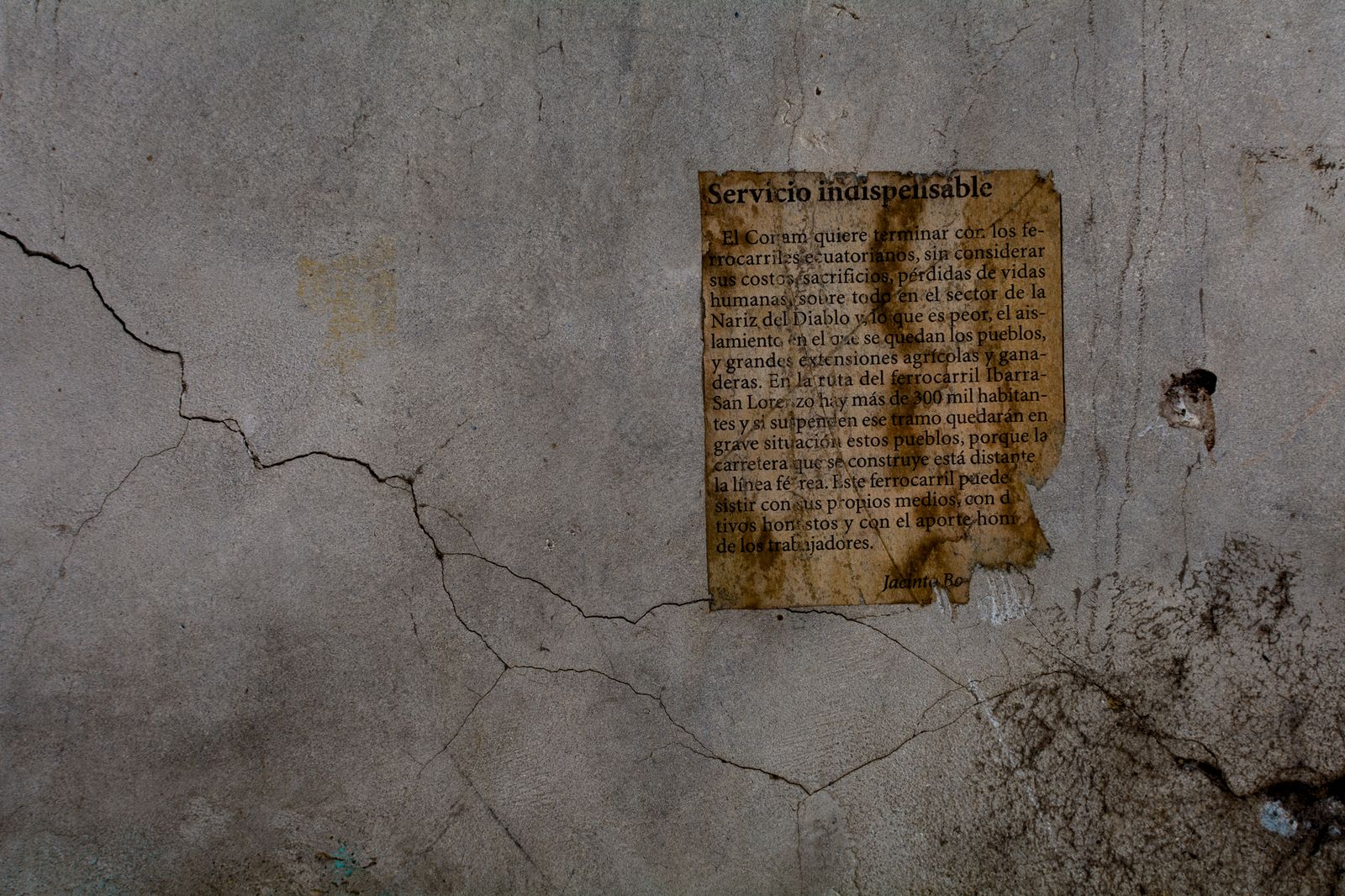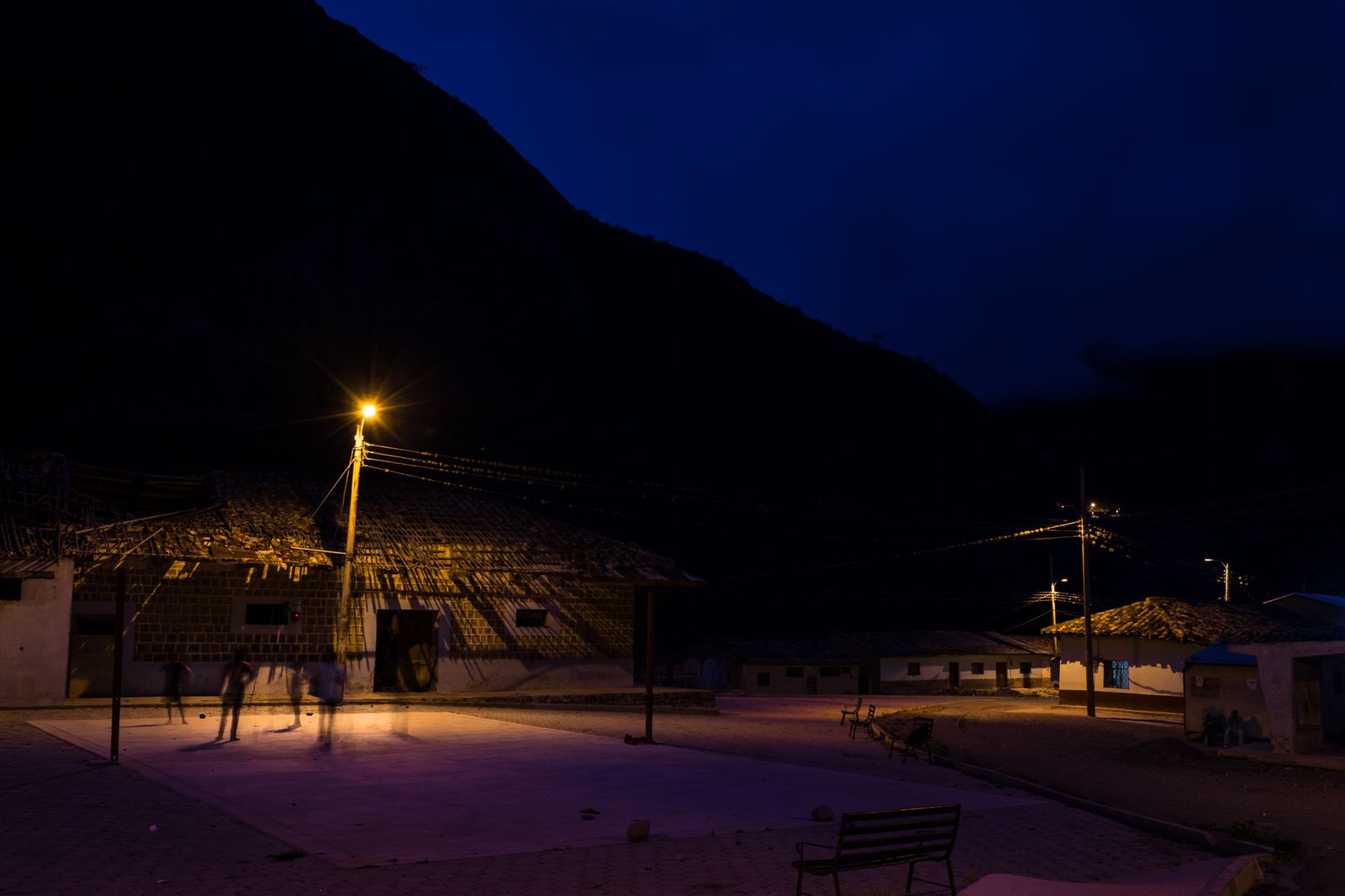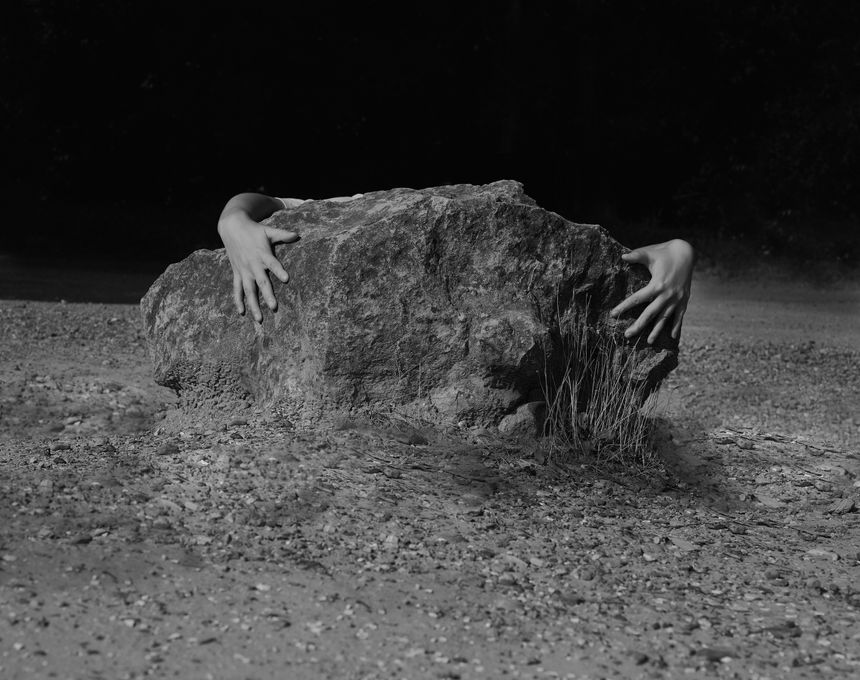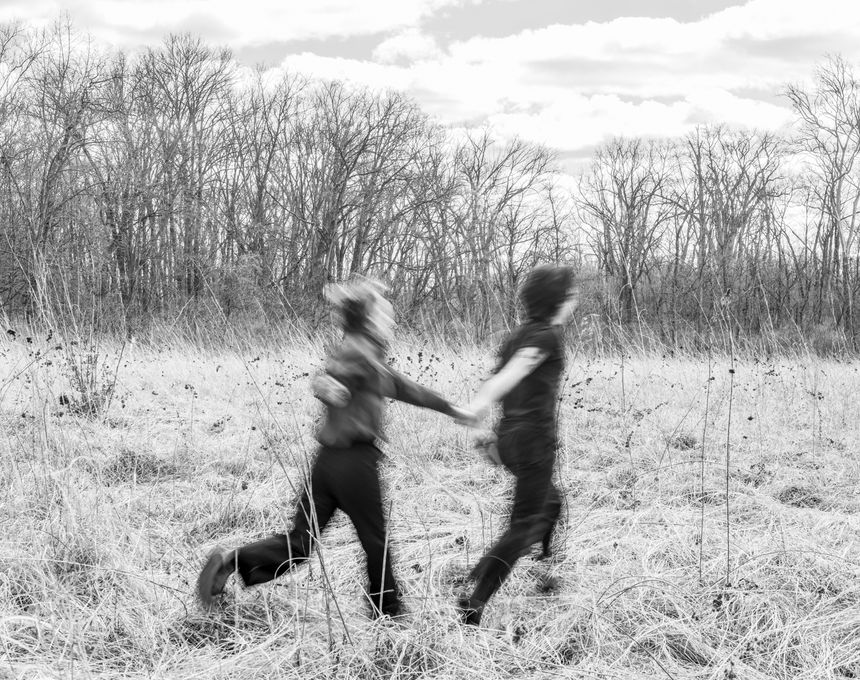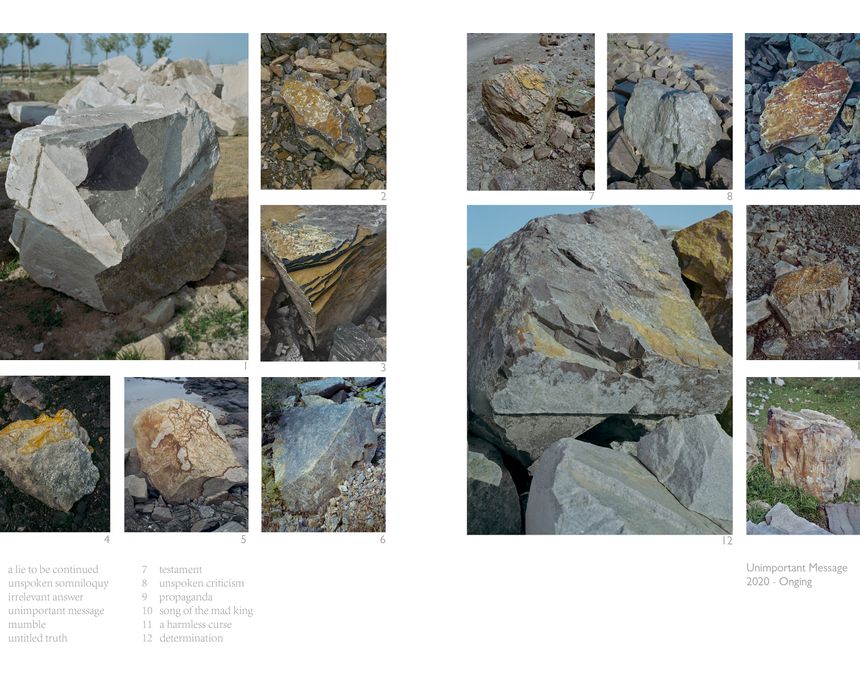Estación Carchi
-
Dates2016 - Ongoing
-
Author
- Topics Portrait, Documentary, Daily Life
- Location Carchi, Ecuador
The daily life as first resistance of the memory. The story of a little town, whose inhabitants share the same hope and resignation about a stigma of 'ghost town' that hides them more than the mountains around them, even of the sight of authorities, after a natural disaster twenty years ago.
This project is about daily life of a little afro town, hidden among the mountains that separate provinces of Carchi and Imbabura. A community that refuses to be forgotten and struggles against the stigma of being a "ghost town", a mark that has been settling on the site for almost 20 years. In its golden days Estación Carchi was one of the train stations of railroad that traveled from Ecuador's capital to the sea, carrying with him many wishes and dreams of the people who lived from the train's activities. This small settlement of black people became a prosperous and full of life place, until a Sunday the train stopped passing by the railway that crossed the town.
Now the days pass between stories and memories of what it was; the sounds and images rise like blizzards to dust off the past of its inhabitants. The daily life of those who still inhabit the place becomes the first resistance of their memory, that is still present through those who remain: the elderly and children -the most- who share the same hope and the same resignation, before a huge veil of "ghost town" that hides them more than the hills that surround them.
[ESPAÑOL]
Este proyecto se trata de la cotidianidad de un caserío afro, escondido entre las Montañas que separan las provincias de Carchi e Imbabura. Una comunidad que se rehúsa al olvido y lucha contra el estigma de ser un “pueblo moribundo”, una marca que se ha ido asentando sobre el lugar desde hace casi 20 años.
En sus tiempos dorados Estación Carchi era una de las paradas del ferrocarril que transitaba de la capital hasta el mar, acarreando con él muchos anhelos y sueños de la gente que vivía del tren. Este pequeño asentamiento de negros se volvió un pueblo próspero y lleno de vida, hasta que un domingo de votaciones dejó de pasar el tren por la vía férrea que atravesaba al pueblo.
Ahora los días pasan entre relatos y recuerdos de lo que fue; los sonidos e imágenes se levantan como ventiscas para desempolvar el pasado de sus habitantes. La vida cotidiana de los que todavía habitan el lugar se convierte en la primera resistencia de su memoria, una que sigue presente a través los que se quedan: ancianos y niños -en su mayoría- que comparten la misma esperanza y la misma resignación, ante un velo enorme de “pueblo fantasma” que los oculta más que las propios cerros que los rodean.
